An epic first section of heftily titled The Art of the Transpersonal Self – Transformation as Aesthetic and Energetic Practice by Norbert Koppensteiner:
Why write?
The question that needs to be asked at the beginning of every written work, and indeed even more so at the beginning of a work of the size of a dissertation is: why write? Closely followed by why write this particular piece of work, with these means towards these ends?
The answer, if there is to be one, can only be a personal answer as the reasons for picking up a particular topic at a particular time in life are always personal and distinct. A dissertation and any kind of written work furthermore always remains a snapshot, a take of a moment bound in pages, a picture or at best a painting of what actually is a flow of life, a flow of thoughts and practices in an ever shifting field of becoming with possibly much less coherence and cohesion than this image of a bound work, published under the name of an author, would suggest.
This flow of life, this continuous transformation is, I believe, also quite unavoidable, quite unstoppable and thus quite human. From one moment to the next, with each breath we take we cease to be identical to ourselves and, in some perhaps infinitesimally small way, we become other than who we are. Sometimes those changes are not or only barely perceptible, it is only rarely that some event of great proportions causes us to change in fast forward, speeding up the process. And yet we change.
Given those observations, one possible answer to the first question could be: the work of a dissertation can be seen as part of a work of the self on the self, part of a conscious attempt at a work of transformation. Not to escape what we are at the moment. Not from some fearful rejection of what is towards some perceived perfection or paradise of what might be, but in order to give this perpetual process of becoming a certain, temporary shape, try to fashion it in a certain style and direction which always remain contingent.
The movement that might occur perhaps could be perceived, by oneself, as a step towards the subjectively better. This subjectively better would simultaneously be the only standard of measurement in a world without fetters, without a grand book of levers and no overall system of coordinates in which this movement could be inscribed and measured for its progress or direction. However, in a certain Deleuzian sense, we might still become the cartographers of our own space – the cartographers of a twisted path on a map that is a constant work in progress and will need to be partially redrawn time and again (Deleuze and Guattari, 1987).
I would thus like to answer these first two questions, not quite coincidentally with a quote from Michel Foucault – a quote which has haunted me and to which I have returned again and again ever since I came across it in the fall of 2004: “I am not interested in the academic status of what I am doing, because my problem is my own transformation […]. Why should a painter work if he is not transformed by his own painting?” (Foucault, 1997a: 131)
Writing can so be perceived as part of a practice of the self, a transformation one effects on oneself and the conditions of possibility for both this transformation and also this very “I” which has been cast here upon paper with such a seemingly easy stroke will be the topic of this dissertation. If there is something like freedom then I would propose that it might be found within a certain awareness of the self and of its possibilities of becoming, the transrational and transpersonal conditions of which it will be the work of this dissertation to sketch.
In the end this is also the task of theory in my opinion: to contribute to a transformation of the self, by showing how things could also be different instead of, as Michel Foucault (1990b: 9) says, “legitimating what is already known”. The good life will not be realized in theory, in discourse alone we will not be saved, transformed or reconciled. Yet insofar as the continuous practice of becoming necessitates effecting a shift in the self, a change of perspective, a certain work performed on oneself, finding out to what extent it is possible to think differently for me is a crucial step towards a transformative practice and towards opening a door to a different perception – even if it consists in the recognition of the point in this process at which we have to let go of rational cognition.
In a personal vein my purpose thus is the following: to think until that curious moment at which knowledge has to give way to intuition and understanding, and so to also thinkingly, but not purely thinkingly, trace the path towards that transrational moment in which, through a rebound effect of a certain constellation of knowledge and practice, a transformation of the self can occur.
(via Steve Fuchs)

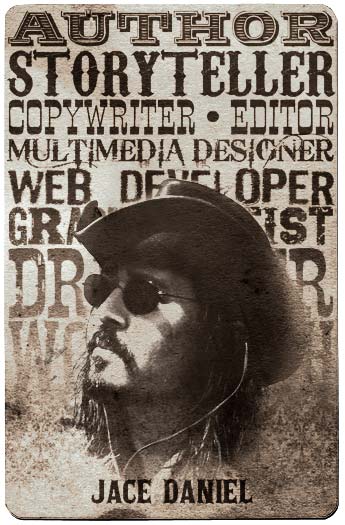


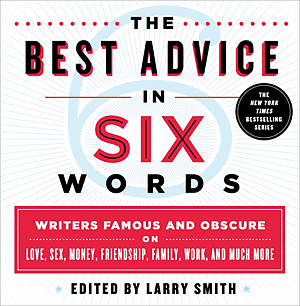
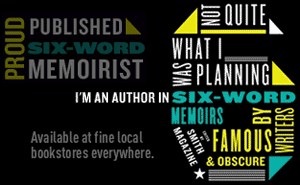

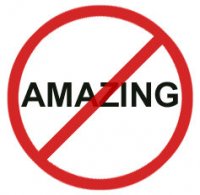

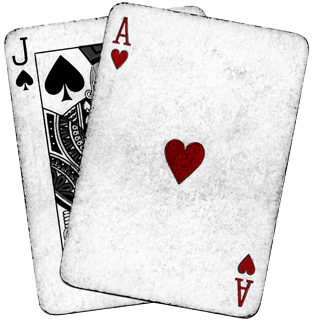
Comments on this entry are closed.